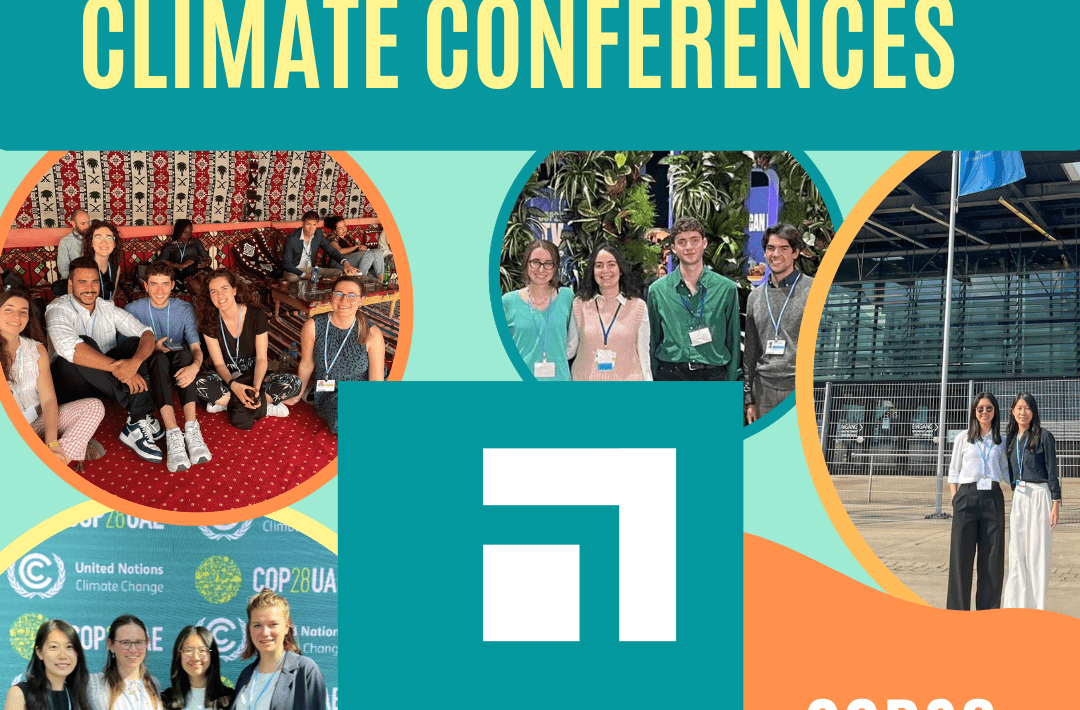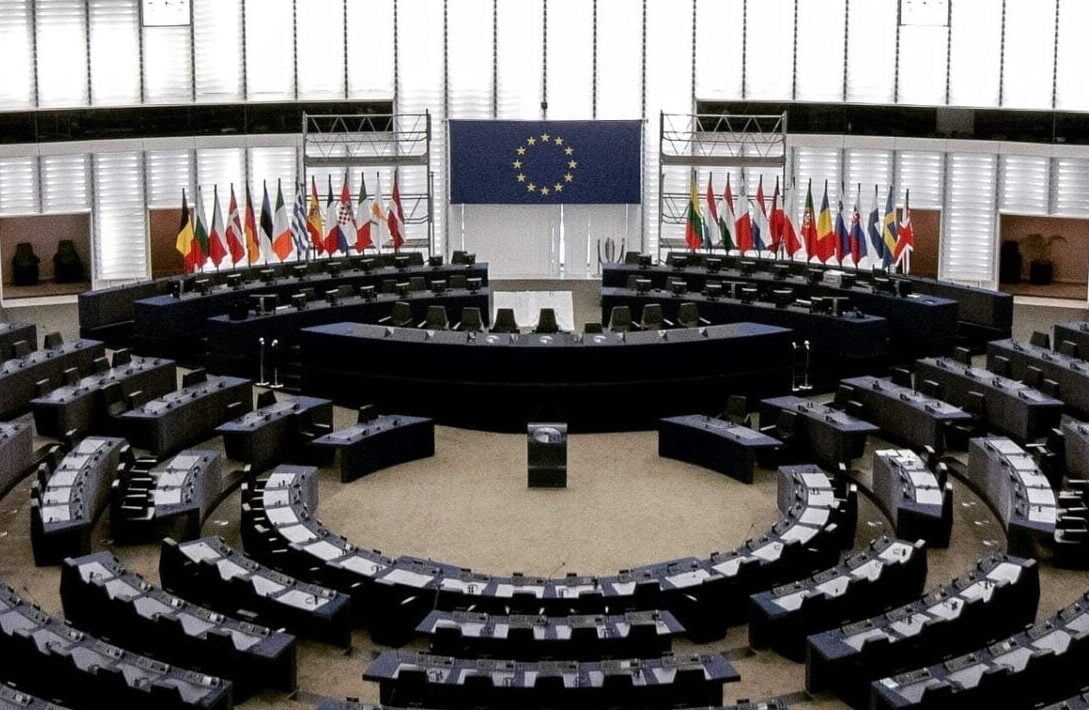
EVENT: Youth At International Climate Conferences
Learn more about Youth Voices at International Climate Conferences during this event organised by the ClimaTalk COP28 Project for New York Climate Week 2023.

Learn more about Youth Voices at International Climate Conferences during this event organised by the ClimaTalk COP28 Project for New York Climate Week 2023.

A useful table to understand the acronyms for EU committees.

Blue carbon ecosystems such as seagrass, mangroves and salt marshes store carbon and are crucial to climate change mitigation and adaptation. They also provide other economic and social benefits for people. These ecosystems are very vulnerable to and threatened by human activities.Governments and other actors should place focus on the conservation and restoration of these ecosystems.

By Giorgia Ieraci Assumma Media representations of climate activism matter because they influence people’s attitude towards the climate crisis as a whole. Anabela Carvalho argues that people’s political imagination depends on the “discursive constructions” they are exposed to [1]. Hence, as drivers of discourse, news outlets shape what people think of climate change and its...

Mangrove restoration in Bangladesh is protecting coastal communities from rising sea levels and extreme weather events, demonstrating the power of nature-based solutions. Rainwater harvesting in Kenya addresses water scarcity, improving agricultural productivity and community resilience in arid and semi-arid regions. Urban heat reduction initiatives in France showcase how cities can adapt to rising temperatures through green infrastructure, cooling strategies, and urban planning.

The Global Plastics Treaty, still under negotiation as of December 2024, aims to become a legally binding agreement to tackle plastic pollution by addressing the full lifecycle of plastics, including production, use, and disposal. The treaty’s key commitments include phasing out harmful plastics, promoting recycling, and ensuring that producers are responsible for the environmental impact of their products through extended producer responsibility. Successful implementation will require coordinated global efforts, robust monitoring systems, and financial support for developing nations to transition to more sustainable plastic alternatives.

SIDS are highly vulnerable to climate change due to rising sea levels, extreme weather events, and dependence on climate-sensitive sectors like tourism and fisheries. SIDS face significant economic and environmental challenges, including high debt, weak financial resilience, inadequate infrastructure, and limited capacity to adapt to the changing climate. Despite their minimal contribution to global emissions, SIDS lead climate negotiations through alliances and advocacy.

Research show a link between sleep impairment and climate change. One third of adult population is not getting enough sleep, and this could raise even more. Sleep deprivation is connected to lost of cognitive function and reduced productivity.

Emerging economies, like South Africa, face the dual challenge of reducing greenhouse gas emissions while continuing to develop economically, making them key players in global climate change mitigation and adaptation efforts. South Africa, heavily reliant on coal, has committed to ambitious emission reduction targets through national laws and the Just Energy Transition Plan, which seeks to balance decarbonization with social equity. The country still requires substantial international financial support to achieve these goals, and the broader question remains whether rapid decarbonization can be achieved without hindering economic development.

Our COP29 Special Edition contains short articles on many of the major topics and negotiation streams of the 29th UN Climate Conference – UNFCCC COP29 in November 2024. Topics covered include adaptation, agriculture, biodiversity and oceans, finance, gender, the global stocktake, just transition, mitigation and peace. The articles were written and edited by our virtual...

Six young climate activists filed a claim against Brazil’s former Ministers of the Environment and International Affairs and the federal government for decreasing the country's ambitions to reduce emissions within their updated 2020 NDCs under the Paris Agreement. The claimants’ request for urgent injunctive relief due to the urgency of the climate crisis was denied, and the final judgement is still pending.

The case of Mathur v. Ontario represents the first case in Ontario in which the court ruled that climate change may threaten fundamental rights under the Constitutional Law. By Leon Qiu Country: Canada Defendants: State of Ontario Law Applied: Canadian Charter of Rights and FreedomConstitutional LawEnvironmental LawDomestic Human Rights Law Key words: Mitigation Human Rights...